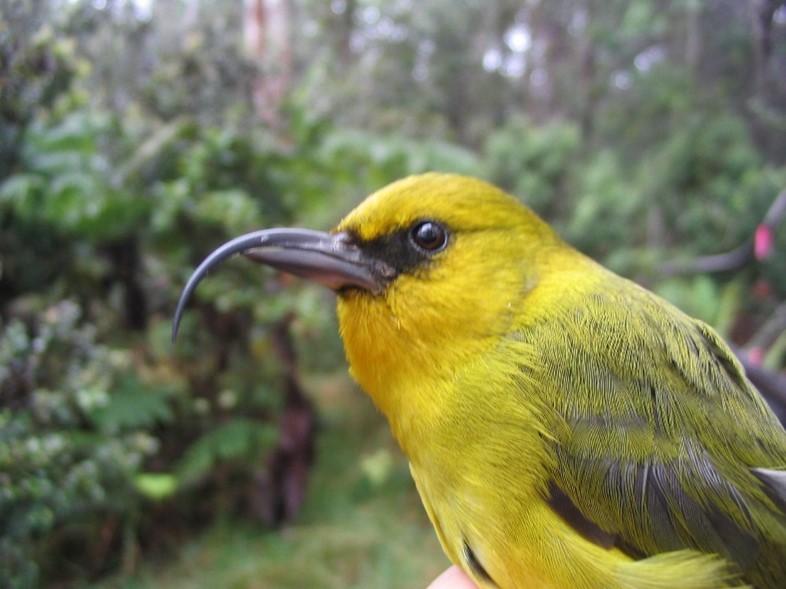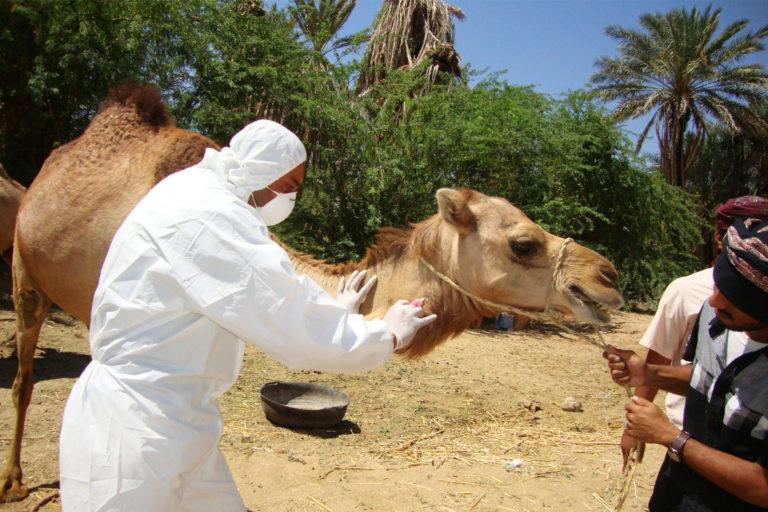In the News

October 11, 2021
History is pockmarked with the scars of past zoonotic outbreaks. The Cornell Wildlife Health Center's Dr. Steve Osofsky discusses how global cooperation in a unified “one health” effort is needed to prevent the next pandemic.

October 05, 2021
Dr. Katherine McClure, quantitative disease ecologist and 2019-2021 postdoctoral fellow with the Cornell Atkinson Center for Sustainability and the Cornell Wildlife Health Center, is working to save Hawai’i’s native bird populations from avian malaria.

September 29, 2021
Dr. Katherine McClure, a quantitative disease ecologist, has been working with Birds, Not Mosquitoes as a Cornell Atkinson Center for Sustainability postdoctoral fellow with the Cornell Wildlife Health Center to develop and evaluate incompatible insect technique (IIT) release strategies to help save Hawai‘i’s native bird populations from avian malaria.

August 05, 2021
Cornell's Dr. Steve Osofsky and colleagues reemphasize that a One Health approach is urgently needed to prevent future pandemics — simultaneously addressing human, animal and ecosystem health — protecting humanity and nature.

July 28, 2021
by
Karyn Bischoff
One word: nurdles. Nurdles are plastic pellets, approximately the size and shape of lentils or split peas. Nurdles are manufactured, and then shipped to companies across the planet to be made into other things — other plastic things....

June 28, 2021
The COVID-19 pandemic is the latest reminder that human interactions with the animal world are fraught with danger. Dr. Steve Osofsky describes how he would like to see an international treaty that mitigates human activities that create opportunities for animal viruses to infect humans.

June 23, 2021
The Cornell Wildlife Health Center is proud to celebrate some of the latest achievements of recent graduates from the Cornell University College of Veterinary Medicine pursuing career paths in wildlife conservation and One Health.

May 28, 2021
Cornell's Dr. Kathryn Fiorella is a co-author on a recent paper studying how declining fish biodiversity can affect human nutrition.

May 11, 2021
An international conference co-hosted by Cornell University and featuring celebrated conservationist Dr. Jane Goodall heard how COVID-19 provides a wake-up call concerning the unsustainable way we treat the natural world.

April 30, 2021
A new Cornell-led study examines how temperature affects fishing behavior and catches among inland fisher households in Cambodia, with important implications for understanding climate change.
